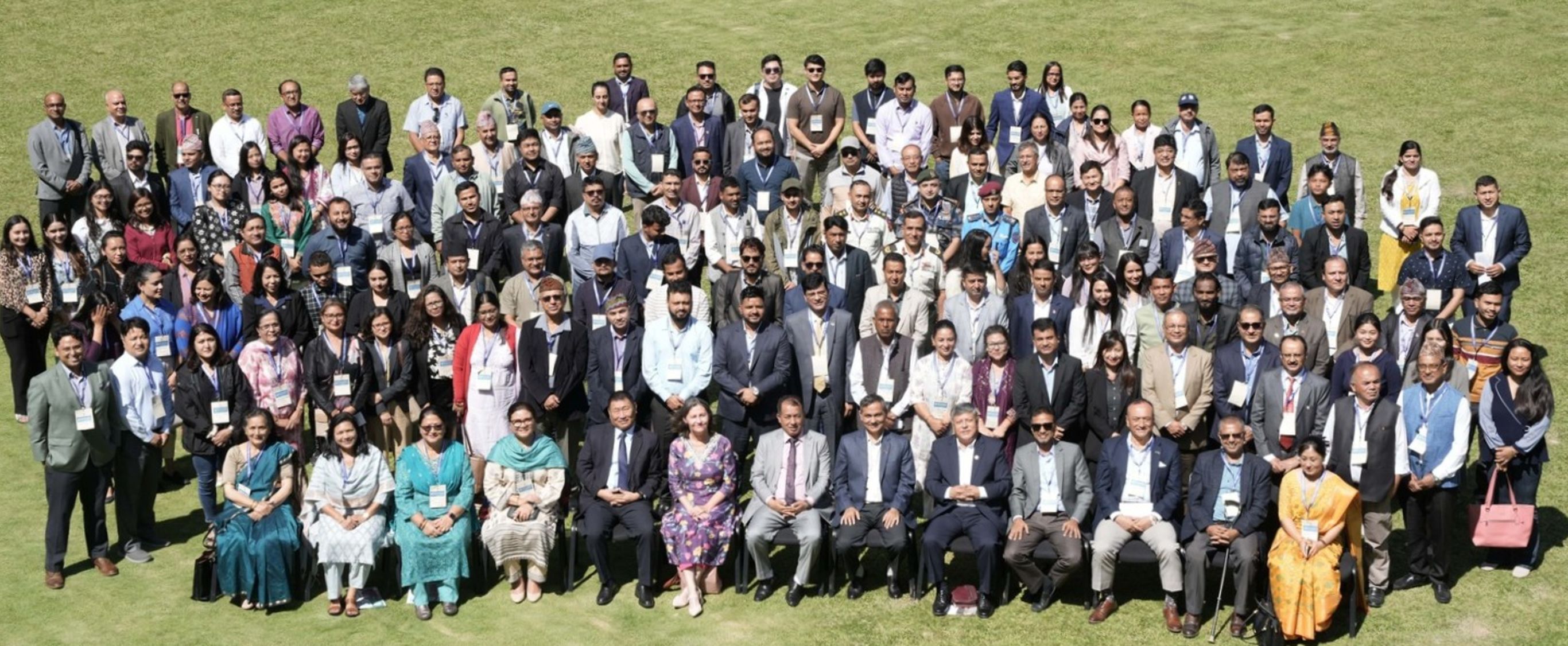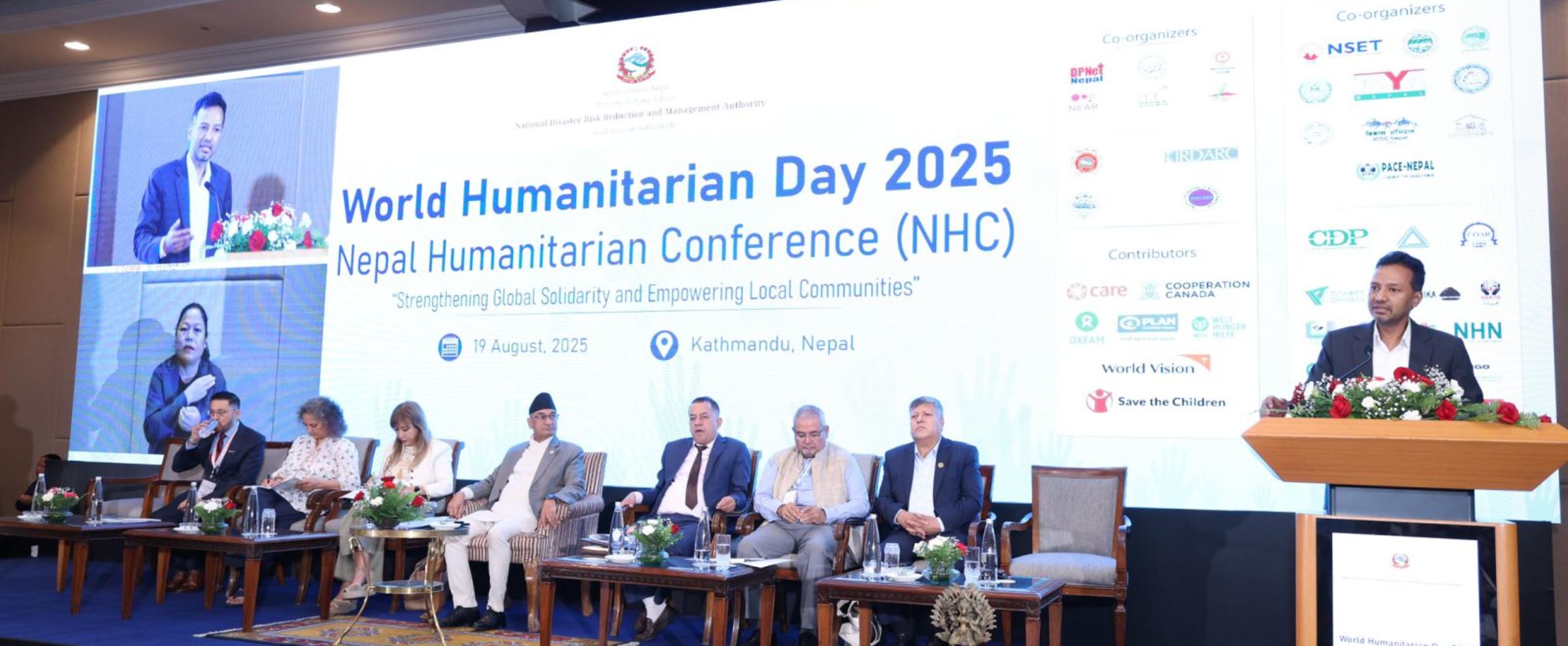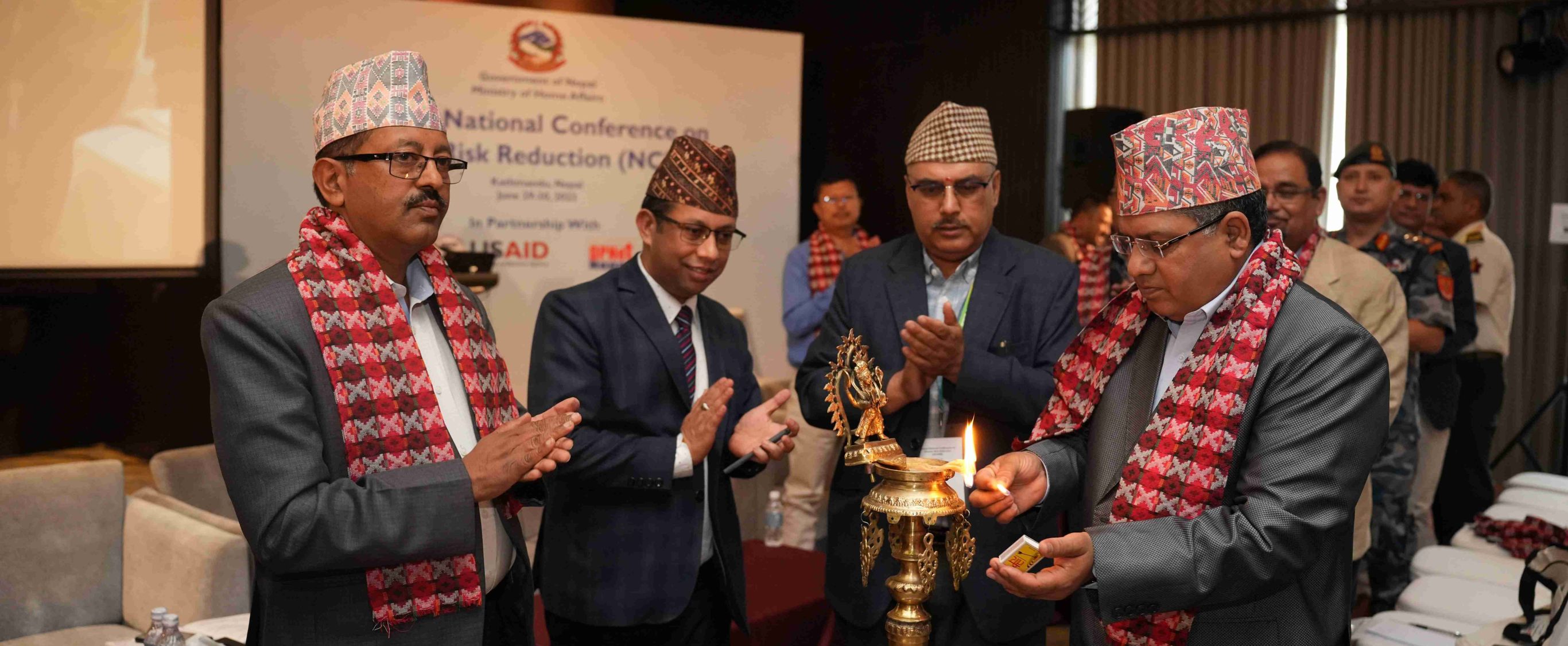
4th National Conference on Disaster Risk Reduction (NCDRR) -2025

World Humanitarian Day (2025)

Disaster Preparedness Network-Nepal (DPNet), established in 1996, stands as a key national umbrella organization dedicated to enhancing disaster management in Nepal through a unified approach involving national and international agencies. The core focus of DPNet is on fostering coordination, collaboration, learning, and sharing of experiences in strengthening disaster management practices. The organization plays a crucial role in knowledge management, capacity building, policy advocacy, and in facilitating networking among government and relevant stakeholders.
Amid growing disaster risks and increasing human and economic losses across Nepal, Disaster Preparedness Network Nepal (DPNet) has called on political parties to prioritize Disaster Risk Reduction and Management (DRRM) in their election manifestos and in the policy agenda of the upcoming government.
DPNet Nepal, the official SPHERE Focal Point for Nepal, actively participated in the First Quarter Meeting of SPHERE Focal Points from Asia, bringing together representatives from regional and international organizations including COAST, CWSA, Oxfam Hong Kong, and focal points from Japan, Indonesia, Bangladesh, Nepal, and other countries.
DPNet Nepal, in collaboration with the Nepal Red Cross Society, organized an awareness and technical discussion session on Nipah Virus (NiV) at the Red Cross Periphery. The session was facilitated by Dr. Hemanta Chandra Ojha from the Ministry of Health and Population, Government of Nepal, focusing on emerging risks, transmission pathways, and preparedness measures related to the deadly zoonotic disease.
Please subscribe to our Newsletter to stay connected and updated